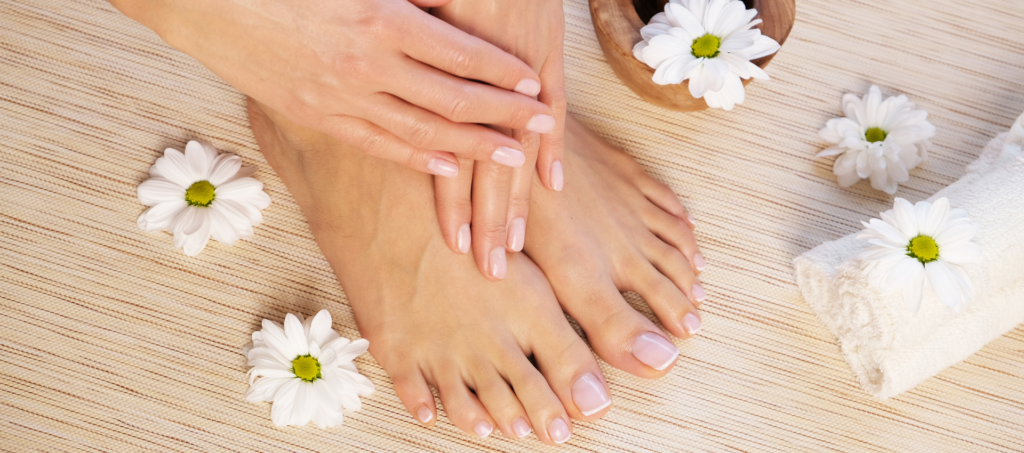
The Cultural Significance of Henna Designs
Henna, also known as mehndi, has been a part of cultural rituals for centuries, particularly in South Asia, the Middle East, and North Africa. Traditionally, henna is used in weddings and other celebrations, symbolizing joy, beauty, and good fortune.
The best Henna artist in Dubai
In various cultures, the intricate designs embody stories, traditions, and blessings. Each pattern can have its own meaning, making henna not just a decorative art, but also a form of storytelling.
Benefits of Choosing Professional Henna Artists
When you opt for a professional henna artist in Dubai, you benefit from their expertise and experience. Professional henna artists have a deep understanding of design intricacies and can create custom patterns tailored to your preferences.
Additionally, using high-quality organic henna ensures a safe application that yields vibrant, long-lasting results, reducing the risk of allergic reactions or skin irritations.
What to Expect at a Professional Henna Salon
Visiting a professional henna salon offers a welcoming atmosphere where you can relax and enjoy the process. You can expect a consultation where the artist discusses your desired design, color, and placement.
The application process is usually accompanied by soothing music and a calming ambiance, enhancing your overall experience. Moreover, professional artists typically take the time to explain aftercare to ensure your henna lasts as long as possible.
Popular Henna Designs and Trends
Popular henna designs in Dubai range from traditional motifs, such as paisleys and florals, to modern interpretations that incorporate geometric shapes and minimalist styles. Floral and leafy designs are particularly favored for weddings.
Currently, there is a growing trend towards incorporating personal symbols or themes into henna designs, making each piece unique and meaningful to the wearer.
How to Care for Your Henna After Application
Proper aftercare is crucial for maintaining the vibrancy of your henna design. It is recommended to avoid water on the henna for at least 24 hours to allow the stain to set deeply into the skin.
Keeping the area moisturized with natural oils can enhance the color. Avoiding scrubbing or exfoliating the henna area will help it last longer, typically fading away within one to three weeks depending on skin type and care.
